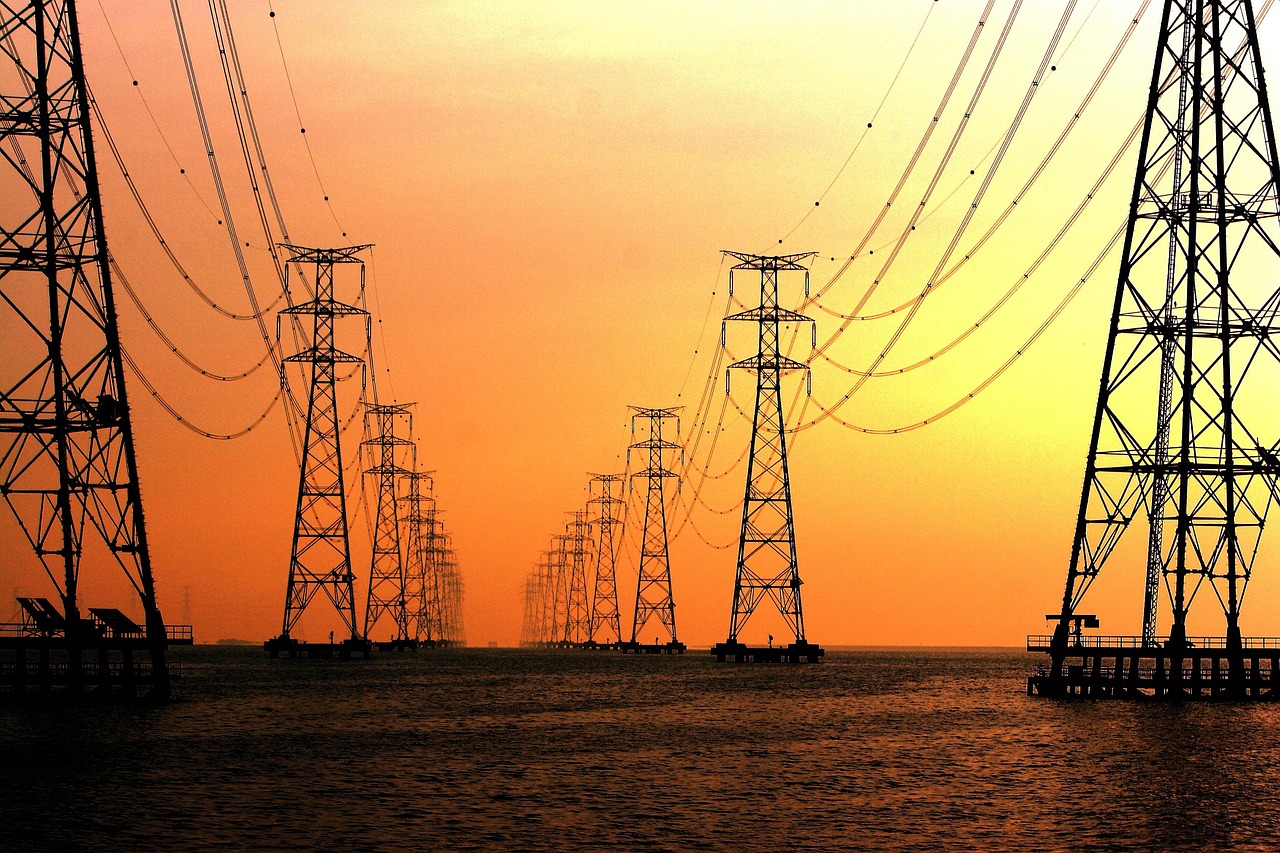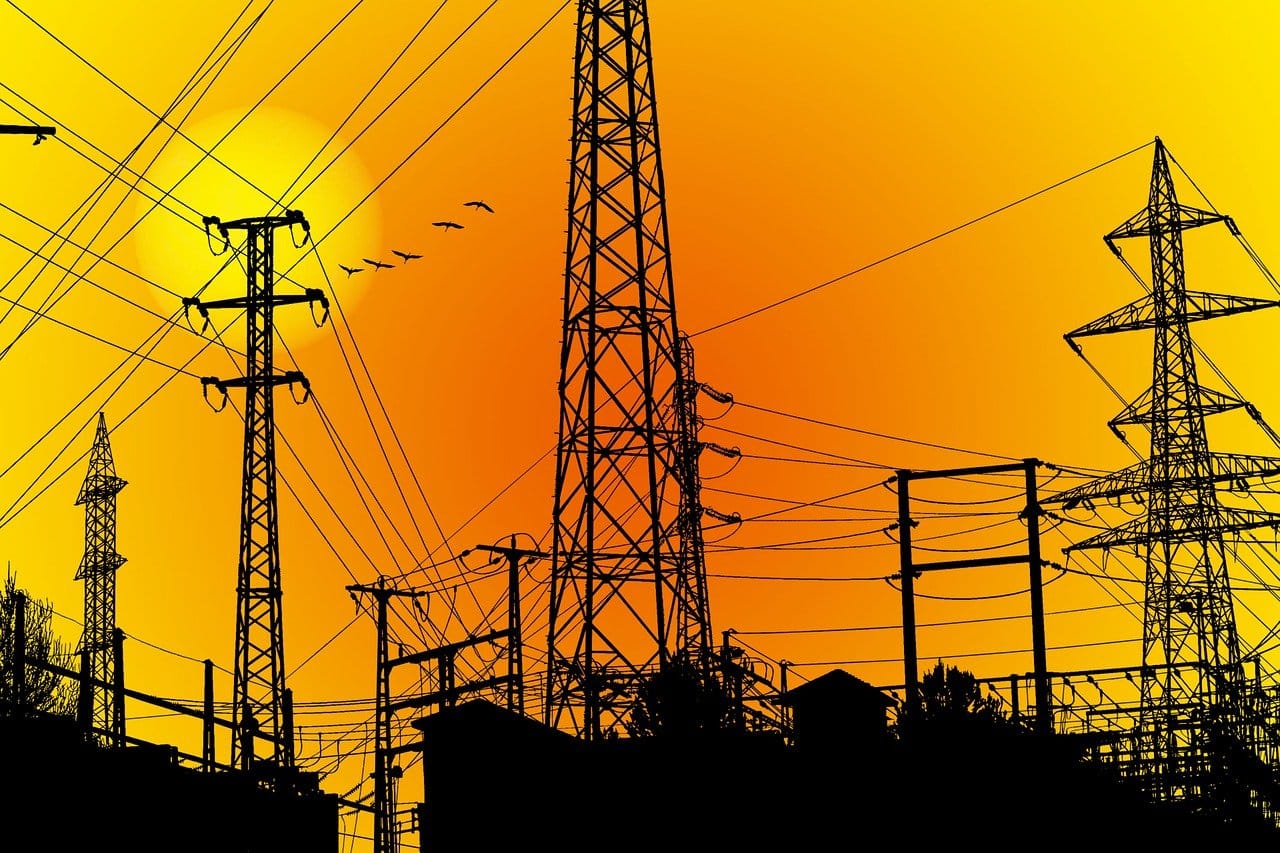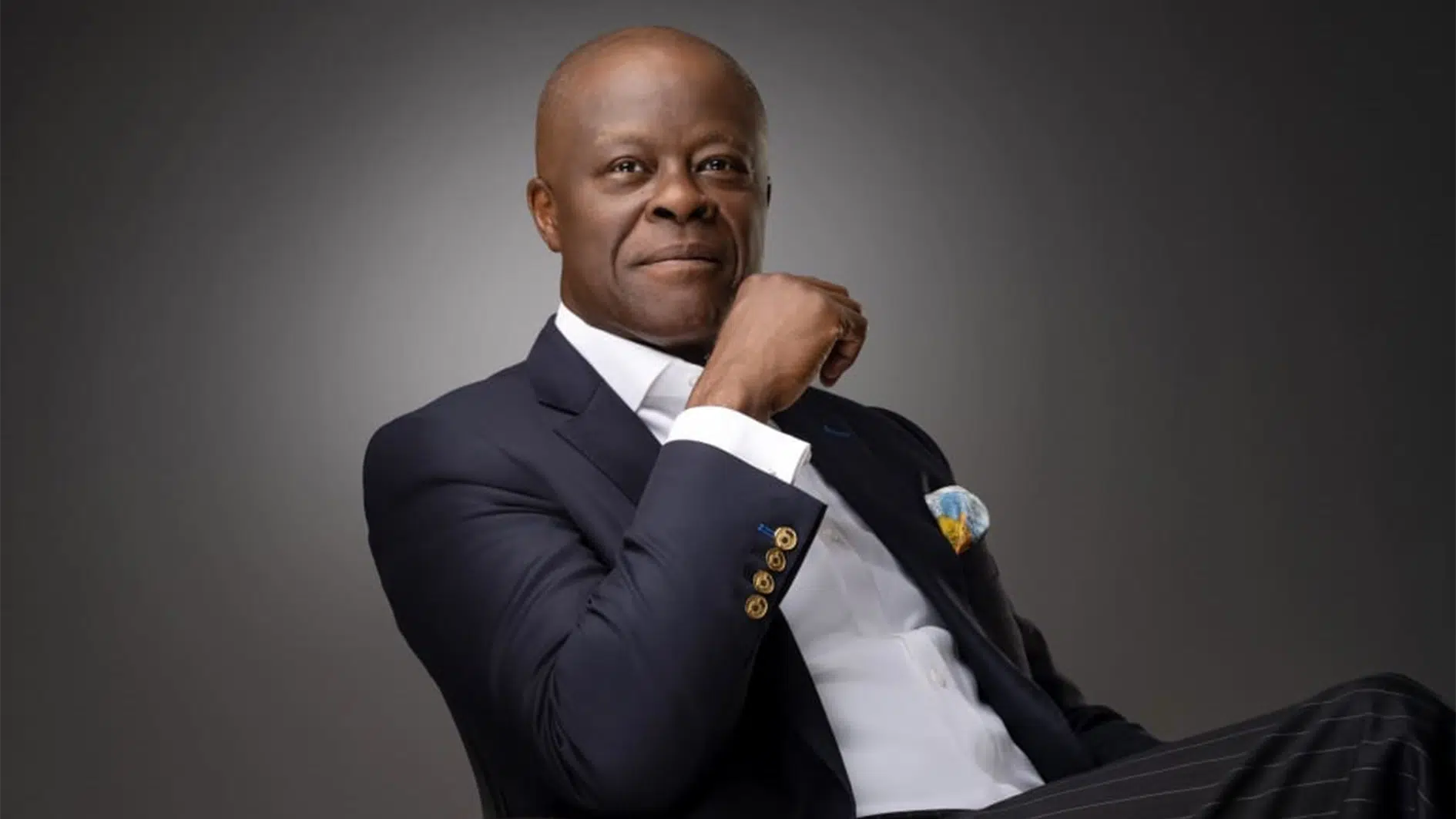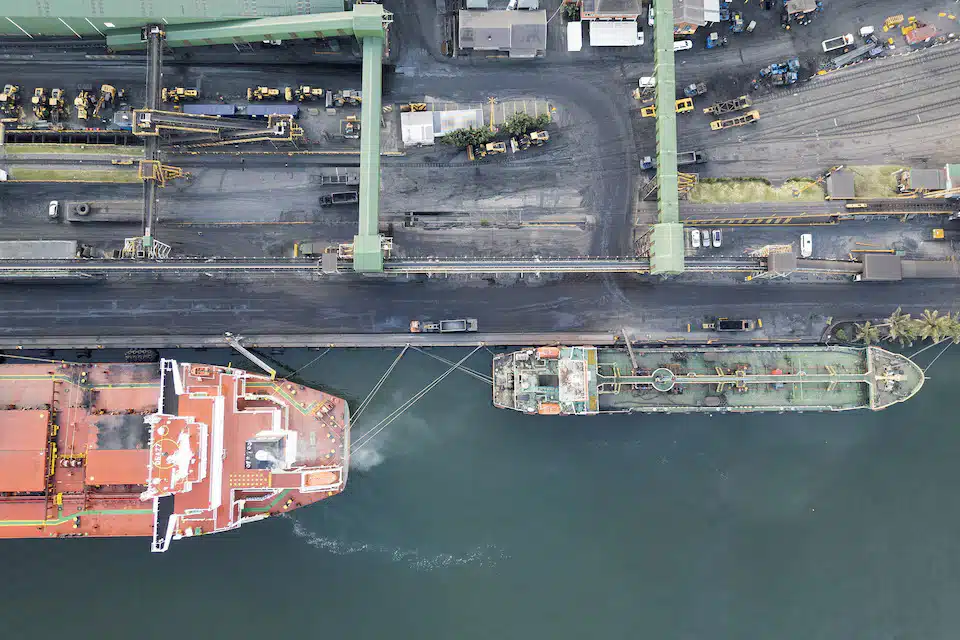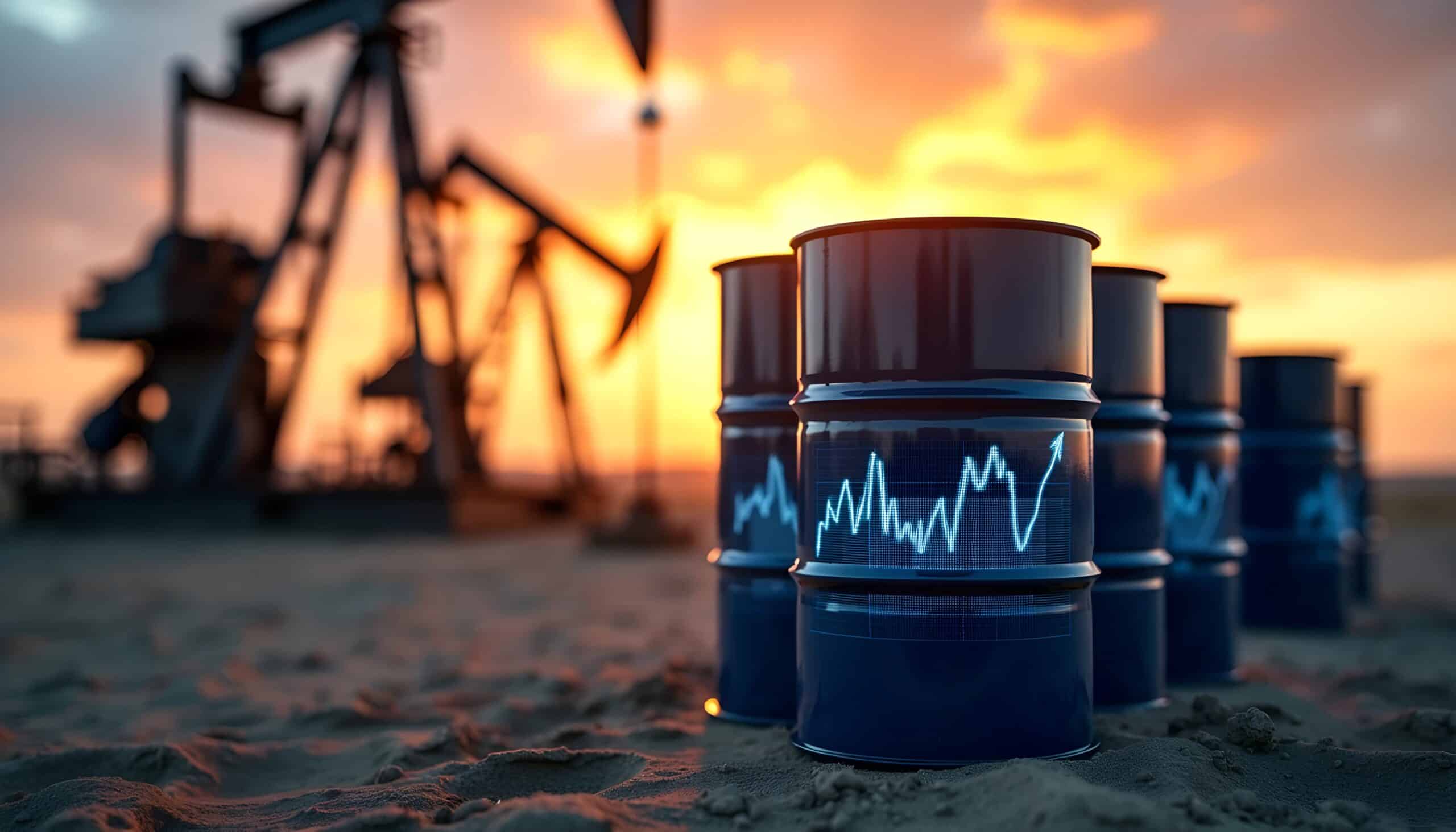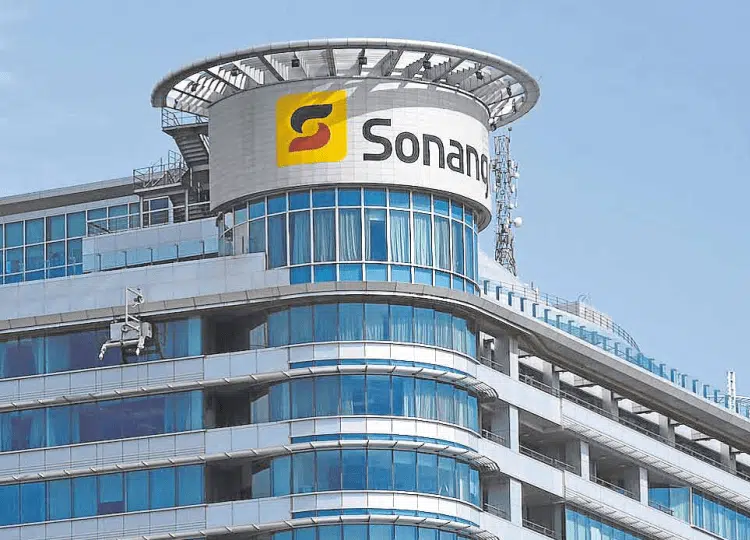West African nation, Ghana, said it has achieved stable electricity supply and is now exporting surplus power to neighbouring countries on the continent.
Speaking in Accra on Monday at the 7th Meeting of the International Solar Alliance (ISA) Regional Committee for Africa, the Minister of Energy and Green Transition, John Abdulai Jinapor, said the government is targeting universal electricity access while expanding the share of renewables in the energy mix.
He disclosed that Ghana plans to generate at least 10% of its power from renewables excluding hydropower with immediate deployment of solar irrigation pumps nationwide.
“Our power supply is fairly stable. We have enough, and we are even exporting. Our vision is to have a minimum of 10 per cent of our energy mix from renewables, excluding our hydro potential. Immediately, we want to deploy solar irrigation pumps across the country,” he said
The initiative, modelled after India’s programme, is designed to support dry-season farming, with an MoU under discussion to facilitate training of local artisans.
Jinapor highlighted Africa’s energy gap, noting that over 600 million people lack electricity and nearly one billion have no access to clean cooking solutions.
He further noted that depite being the sunniest continent, Africa contributes only 4% of global solar power and attracts less than 2% of clean energy investment.
He noted that universal energy access is a moral imperative and pointed to innovations like Floating Solar Photovoltaics (FSPV) as key to achieving Sustainable Development Goal Seven by 2030.
Ghana, Nigeria explore electricity-for-gas barter deal
Meanwhile, earlier this month, Ghana and Nigeria discussed a barter arrangement under which Ghana would generate electricity using gas supplied from Nigeria and return surplus power to its neighbour.
Jinapor said the plan aims to establish a two-way flow of energy resources, enhance supply security, and strengthen West African integration.
“We are in discussions to see if we can create a barter arrangement where we take their gas, convert it into power, and supply electricity back to Nigeria,” he said.
In addition, in March 2025, Ghana signed a $13.43 million grant agreement with Japan to improve electricity supply stability in the country and across West Africa.
The deal was signed in Accra by Ghana’s Finance Minister, Cassiel Ato Baah Forson, and Suzuki Momoko, Chief Representative of the Japan International Cooperation Agency (JICA) Ghana Office.
More export routes
In May, Ghana increased power exports to Burkina Faso, Togo, and Benin, supplying 100MW to Burkina Faso and 50MW each to Togo and Benin, totalling 200MW.
At the same time, the government unveiled a 5MW floating solar project on the Black Volta River, developed by local engineers from the Bui Power Authority (BPA).
The project is the largest of its kind in West Africa and part of Ghana’s plan to raise renewable energy in its power mix from 1% to 10% by 2030.

